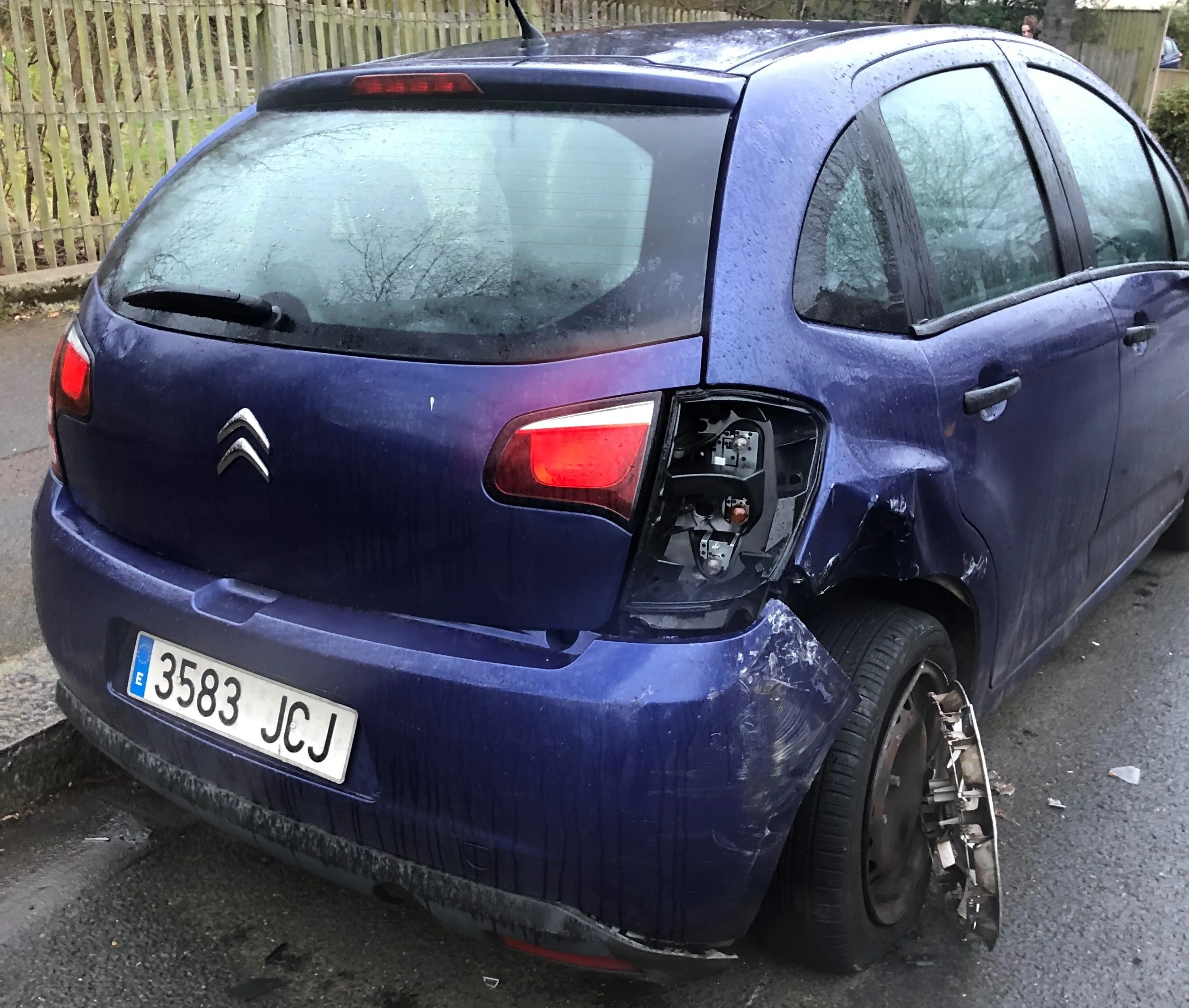
The current Corona Virus pandemic has resulted in a significant drop in vehicle traffic around the world. However, there is mounting concern over road safety at present. Early figures suggest that the rate of of crashes has not dropped significantly.
According to the European Transport Safety Commission (ETSC), there has been an unprecedented reduction in traffic volumes in Europe following the implementation of movement restrictions arising from the COVID-19 pandemic. But the latest data suggests that road fatality rates have not dropped at the same rate. There are even suggestions that in some locations, road deaths have increased.
A full analysis has yet to be carried out. However, this preliminary data provides significant cause for concern.
Information from the GPS technology provider Tom Tom for several of Europe’s key cities reveals that traffic volumes have been slashed by 70-85% in the countries that have introduced movement restrictions. And according to TRL, traffic volumes on the UK’s motorways have fallen 75%.
A full analysis of traffic volumes and crash rates has yet to be completed. And this is complicated by the fact that not all countries are currently compiling accurate traffic data at present.
But in the Netherlands some data is already being recorded and this reveals that the number of crashes has dropped by 50% since movement restrictions were introduced. However, the Netherlands has not yet compiled full data on either accident severity or injury rates.
In Ireland road deaths actually reached a peak in March, after the movement restrictions were first implemented. Meanwhile, in Italy the strict restrictions on movement have resulted in a drop in road deaths of 70%. Similarly in France and Spain, the movement restrictions have been enforced strictly and road deaths have fallen by 40% and 47% respectively, according to official data.
There is widespread concern that some drivers are taking advantage of empty roads in Belgium, Denmark, France and the UK to hit high speeds according to the ETSC. Denmark’s official data shows a 10% increase in speeding. And similar reports on an increase in the incidence of speeding are being given by police in parts of the US and Australia.
But until a full analysis of data is available, it is too early to compile an accurate picture of road crash rates.








